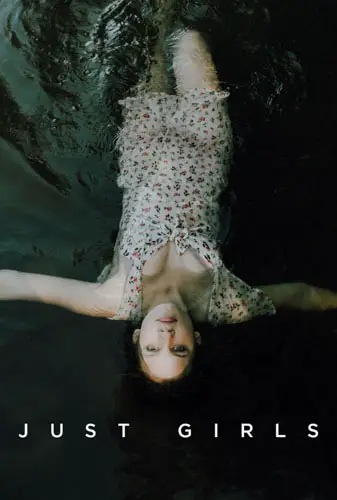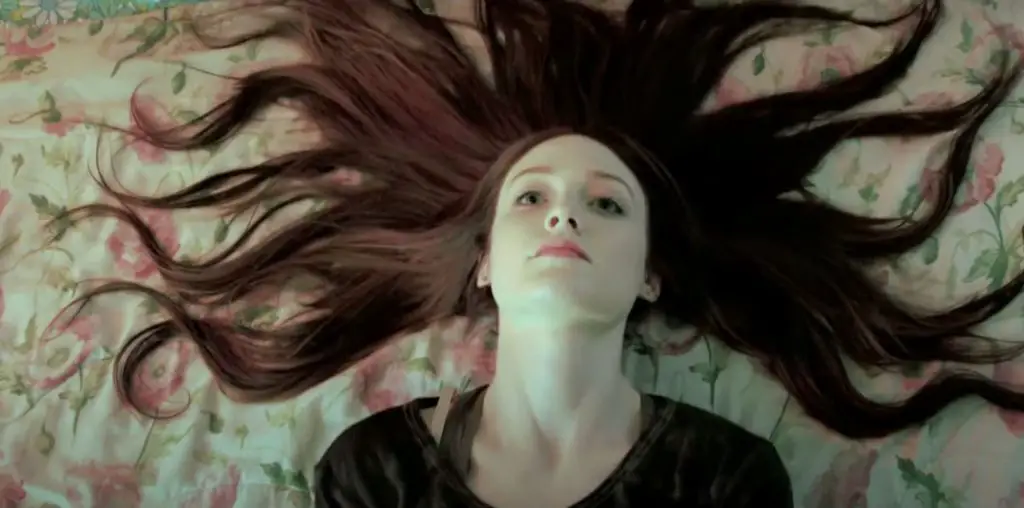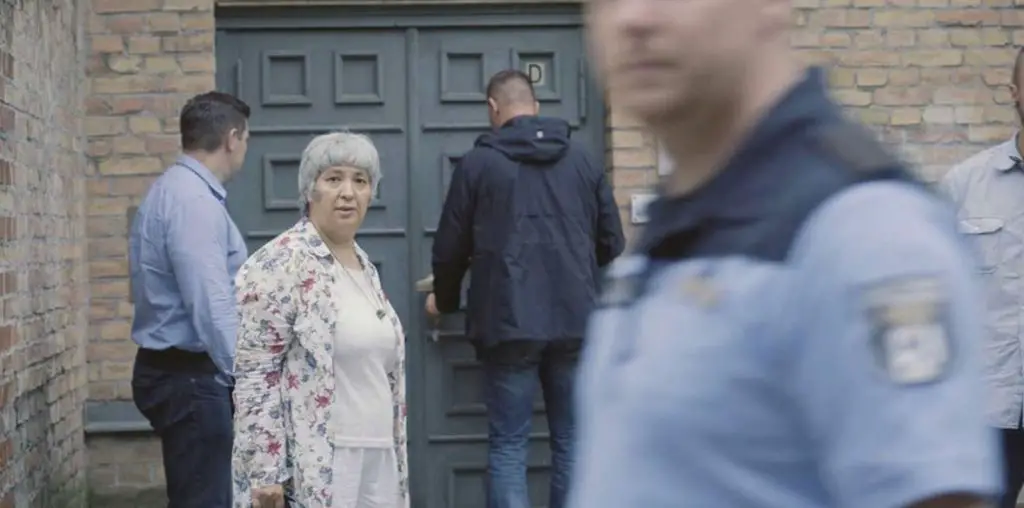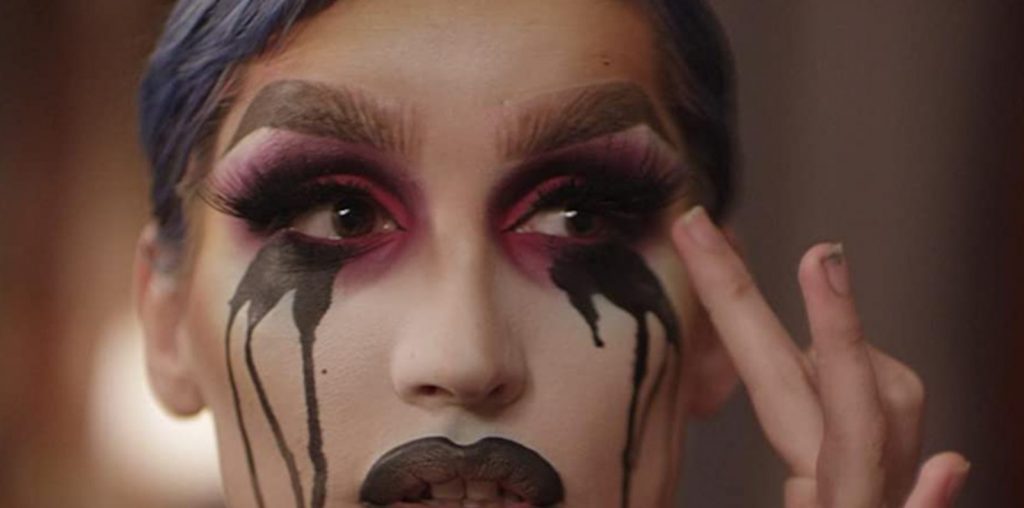
I will candidly admit, I am not altogether familiar with Polish cinema. So, imagine my surprise when Just Girls, written and directed by Miguel Guadencio, caught my attention. The aesthetic is similar to French cinema, so I will do my best to consider this film through that context. In a move reminiscent of Chantal Akerman’s hyper-reality, wherein the filmmaker deposits the viewer into the daily life of her characters, this documentary seeks to chronicle the reality of lesbians in or from the conservative Polish town Szczecin.
For the first third of the runtime, three girls named Daria, Ksenia, and Maja (Izabella Kawycz) are having a fun summer together back in 2018. It seems that during this portion of the film, Maja is reminiscing over her time with Daria. Then two new people are introduced: Alexandra and Wiktoria. They are spending time in Berlin, far away from their conservative town. They are both working college students and are engaged. But, unfortunately, in Szczecin, Daria, Ksenia Maja, Alexandra, and Wiktoria are surrounded by people who really don’t care for them or their sexual orientation.
The intolerance is the background to the actions in the foreground. We never actually witness much of it. There is one moment at a ball where a young man stares disgusted at Alexandra and Wiktoria kissing. But, apart from that, I’m hard-pressed to relate any moments of direct intolerance penetrating these women’s lives.

“…seeks to chronicle the reality of lesbians in or from the conservative Polish town Szczecin.”
This film purports to be a documentary. While Just Girls, according to the credits, documents scenes from the life of Wiktoria, I do not know if this strictly constitutes one. Whereas the Wiktoria scenes, particularly those with her partner, bear the mark of legitimacy, the rest are too uncanny. They are shot in a far crisper resolution and are tracked with an elegiac score. These digressions are principally powered by an off-screen voice-over, whereas the Wiktoria and Alexandra scenes are direct diegetic conversations. Further fueling the hazy line between documentary and fiction is that some people are themselves on camera, while others are actors playing a role.
In truth, the film this most reminds me of is the 1958 John Cassavetes classic Shadows. While a feature-length narrative, at its conclusion, a cue card pops up to assert that it was an “improvisation.” At Cassavetes ‘ deathbed, the great Art Carney later learned that Shadows was not actually improvised; Cassavetes had written a script and workshopped the scenes for quite some time before shooting. This is all covered in a BFI book on the subject.
While not a pure documentary, Just Girls is an intriguing film. I would recommend this film just for the experience of witnessing life in Eastern Europe.

"…would recommend this film just for the experience of witnessing life in Eastern Europe."


